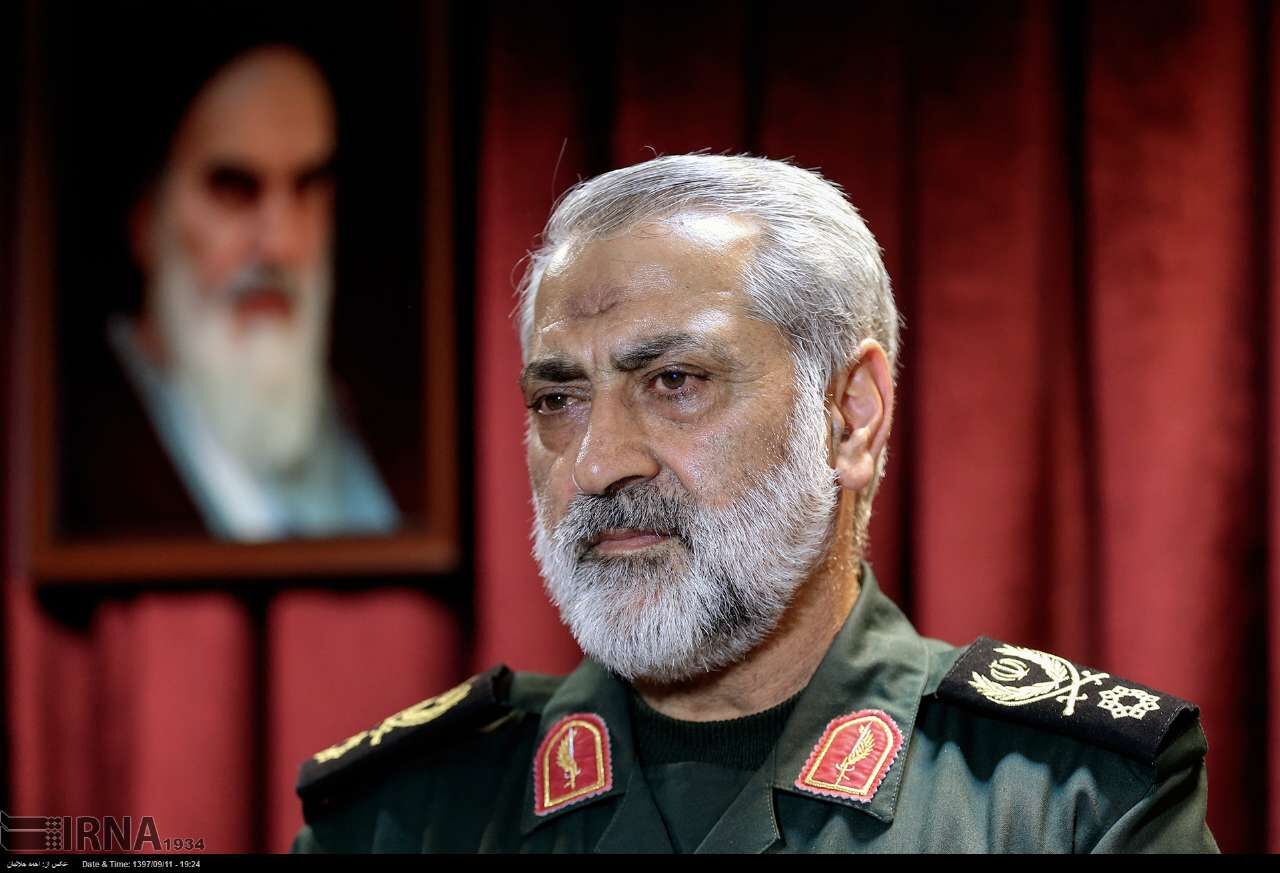
Similar Posts
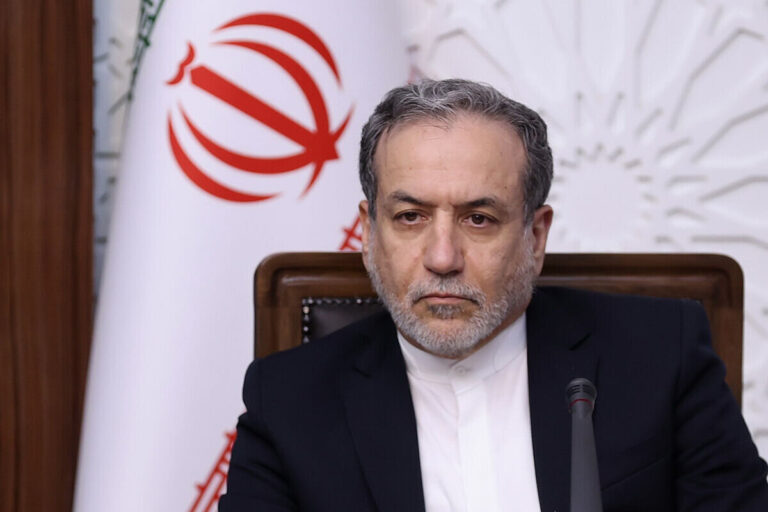
Iran Stands Firm: No Compromise on Uranium Enrichment Despite Pressure
In recent nuclear negotiations between Iran and the U.S., Iranian officials, including Foreign Minister Abbas Araghchi and Leader Ayatollah Khamenei, reaffirmed Iran’s firm stance on uranium enrichment, labeling U.S. demands as “nonsense.” Araghchi emphasized that uranium enrichment is non-negotiable and insisted that Iran will not compromise on its rights. Khamenei expressed skepticism about the potential success of the talks, stating that the U.S. insistence on halting enrichment is driven by ulterior motives. As negotiations progress, both sides remain committed to finding a resolution, with the outcome potentially affecting Iran’s nuclear ambitions and relations with the West.
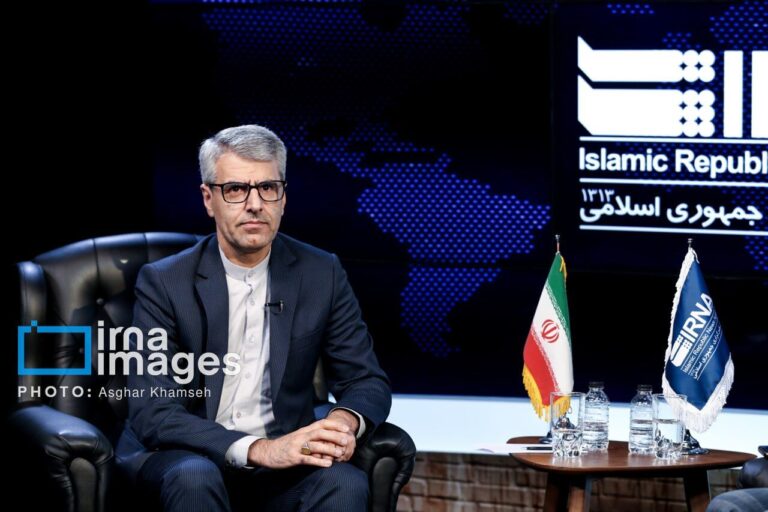
Iran Ready to Boost Diplomatic Efforts, Showcasing Peaceful Intentions of Nuclear Program
The Iranian Foreign Ministry has reiterated its commitment to diplomatic dialogue regarding its nuclear program, emphasizing its peaceful intentions. Spokesperson Esmaeil Baqaei affirmed Iran’s determination to uphold its rights under international treaties, specifically the Nuclear Non-Proliferation Treaty (NPT), while pushing back against sanctions. Ongoing negotiations include indirect talks with the U.S. in Muscat, Oman, with delegations led by Iranian Foreign Minister Abbas Araqchi and U.S. Special Envoy Steven Witkoff, mediated by Oman’s Foreign Minister. Baqaei described the discussions as “difficult but useful” and indicated that the next round will be coordinated by Oman.

Judiciary Chief Condemns Western Hypocrisy on Terrorism and Human Rights
During his visit to China, Judiciary Chief Qolam-Hossein Mohseni-Ejei called for global unity against Western narratives at the Shanghai Cooperation Organization (SCO) judicial forum. He criticized Western double standards on issues like terrorism and human rights and urged member countries to collaborate in countering terrorism, organized crime, and cybercrime. Mohseni-Ejei condemned the violence in Gaza and advocated for SCO action against the crimes faced by Palestinians. He expressed optimism about strengthening Iran-China relations through a strategic partnership and emphasized the importance of judicial cooperation to enhance bilateral ties. Mohseni-Ejei is leading a high-ranking judicial delegation at the SCO summit.
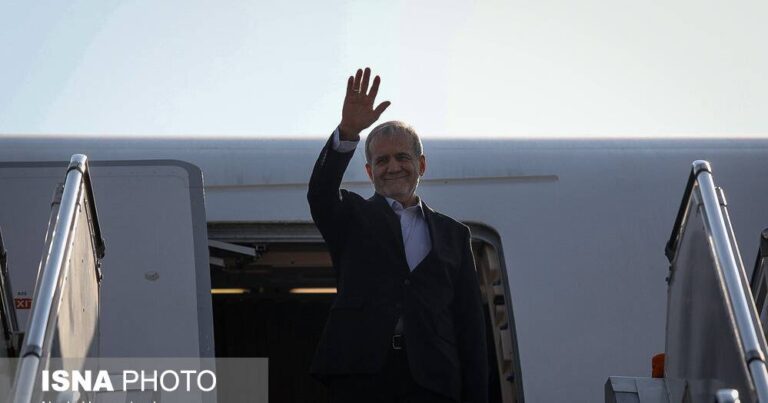
Tajikistan Welcomes Iranian President for Historic First Foreign Visit of 2025
Iranian President Masoud Pezeshkian is on his first foreign visit of 2025 to Tajikistan, aiming to strengthen bilateral ties between the two nations. The visit is expected to result in around 20 cooperation agreements across various sectors, including trade, investment, water and electricity, technical engineering, transportation, tourism, and university research. These agreements will enhance economic collaboration and cultural exchange, reinforcing their historical connections. Discussions will also focus on security cooperation amid complex geopolitical challenges. This visit is seen as a strategic initiative to foster long-lasting partnerships and regional stability, with significant implications for both countries and Central Asia.
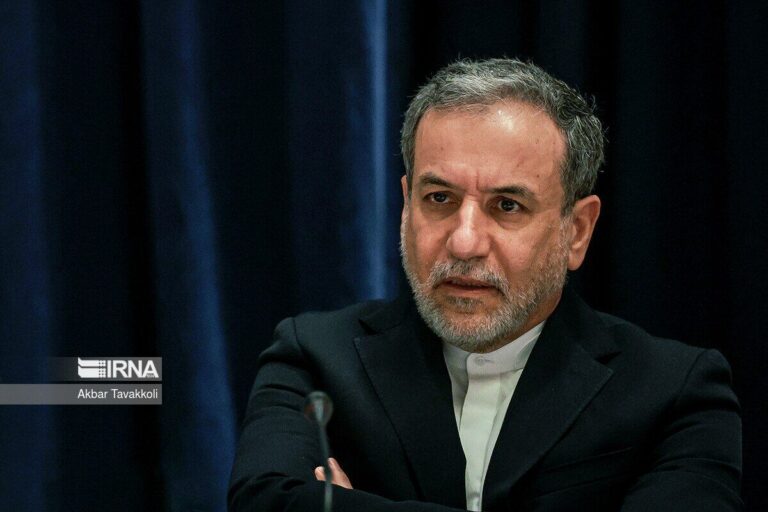
Iran Issues Strong Warning to European Troika Over Misuse of JCPOA ‘Snapback’ Mechanism
Iranian Foreign Minister Abbas Araqchi criticized Britain, France, and Germany (E3) for threatening to invoke the “snapback” mechanism of the 2015 nuclear deal. In an op-ed in Le Point, he argued that this tactic is being misused for diplomatic leverage and could trigger a global non-proliferation crisis. Araqchi emphasized that while Iran has adhered to the Joint Comprehensive Plan of Action (JCPOA), the E3 has failed to fulfill their commitments, particularly regarding economic benefits. He warned of consequences for any misuse of the snapback mechanism and urged European nations to pursue diplomatic engagement rather than confrontation with Iran.
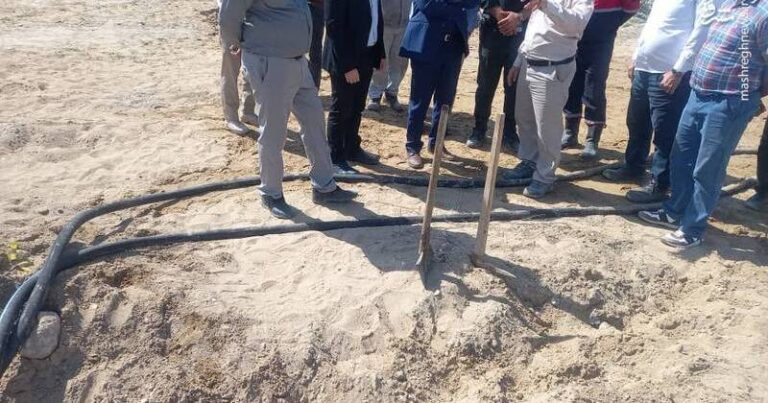
Iran Discovers Major Oil Pipeline Taps in Response to Escalating Fuel Smuggling Crisis
Iranian authorities have discovered and sealed four illegal taps on an oil pipeline near Bandar Abbas, highlighting the country’s ongoing fuel smuggling crisis. Mojtaba Ghahramani from the Hormozgan Province Judiciary indicated that these unauthorized diversions could be part of a larger, organized smuggling network, possibly involving elements within the Islamic Revolutionary Guard Corps (IRGC). Daily fuel losses are estimated between 20 to 50 million liters, raising concerns about government complicity. The urgent need for enhanced monitoring and advanced metering technologies is emphasized to combat theft and corruption, as the energy crisis continues to impact Iranian citizens and the economy.